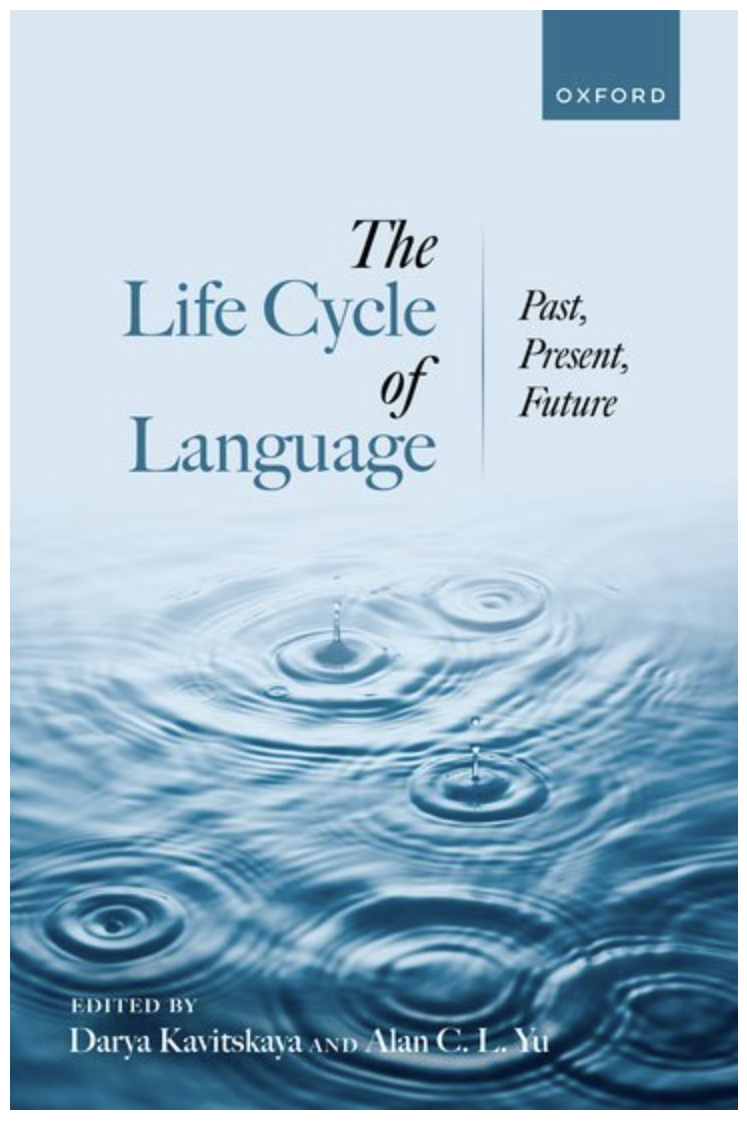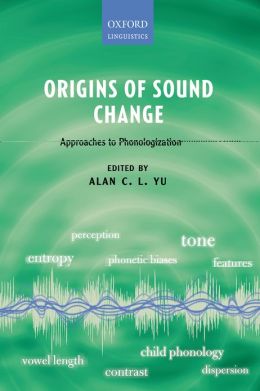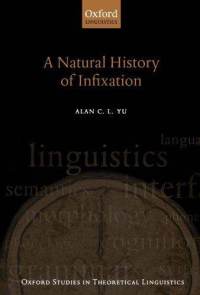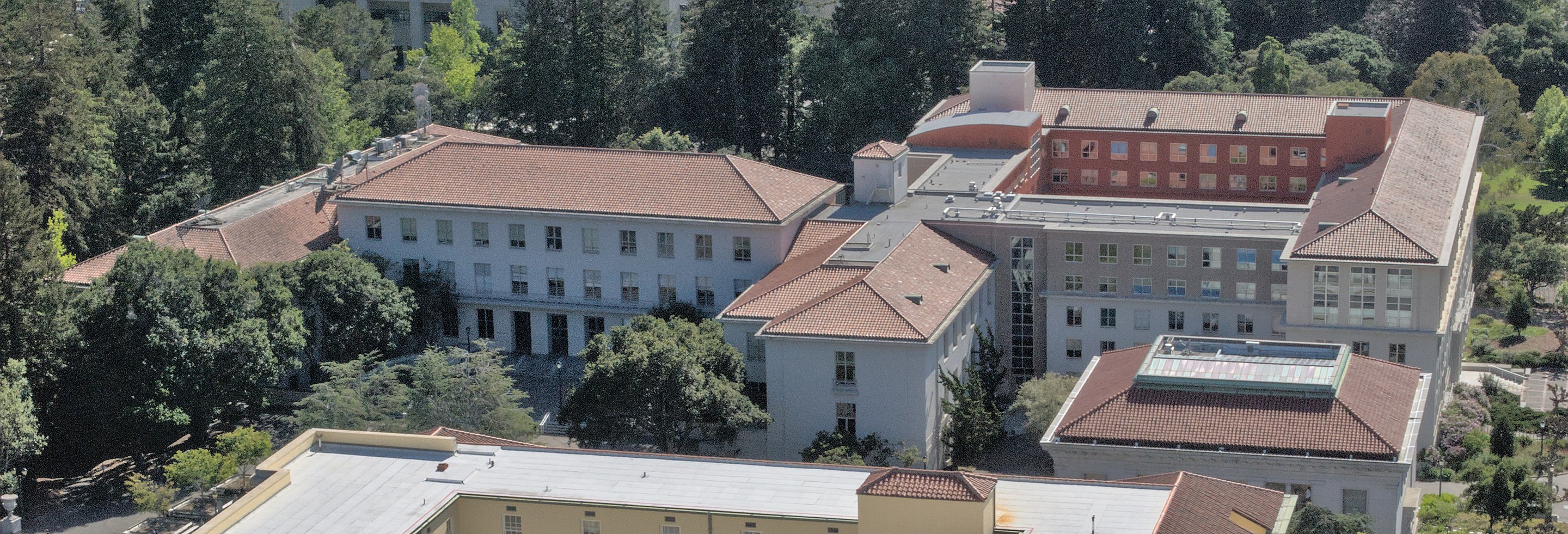Post-doctoral and research associate supervision
- Tzu-Yun Tung (2024-Present)
- Jinghua Ou (2018-2023, Program Officer, PICOR)
- E-Ching Ng (2017-2019; Senior Tutor, National University of Singapore)
- Zhigang Yin (2014-2015; Associate Professor at Institute of Linguistics, Chinese Academy of Social Sciences)
- Hyunjung Lee (2013-2104; Department of English Language Education, Incheon National University, Incheon, Korea)
Dissertation directed
- Ziqi Chen: ‘New Immigrant’ Cantonese in Hong Kong: A Sociophonetic Study (In progress)
- Pamela Sugrue(Senior Associate, Data Governance - Ontology & Data Modeling, Capital One): Influences on Irish Initial Consonant Mutation (2024)
- Jacob Phillips (Information Architect, Grainger): Sibilant categorization, convergence, and change: The case of /s/-retraction in American English (2020)
- Christina Weaver (Lecturer, University of Illinois at Urbana-Champaign: Emphasis in Turoyo (2019)
- Katie Franich (Assistant Professor of Linguistics, Harvard University): The interaction of accent, rhythmic structure, and tone in Medʉmba (2017)
- Julia Thomas Swan (Associate Professor in Linguistics, San Jose State University): Examining the effects of linguistic and social information on perception: Evidence from /ae/ in the Pacific Northwest (2016)
- James P. Kirby (Professor for Spoken Language Processing at the Institute of Phonetics and Speech Processing at the University of Munich): The role of probabilistic enhancement in phonologization (2010)
- Fang Liu (Associate Professor, School of Psychology and Clinical Language Sciences, University of Reading): Question intonation in Mandarin and English: A functional approach (2009)
- Gregory Davidson: Modeling static and dynamic vocal fold asymmetries (2009)
Dissertation committee
- Darragh Winkelman: On the genesis of Court Ottoman Turkish (In progress, Lenore Grenoble, chair)
- Akshay Aitha: Domain effects in the morphology and phonology of Telugu: Boundaries between derivation and representation (2025, Karlos Arregi, chair)
- Zach Lebowski: Intermediate constituents (2025 Karlos Arregi, chair)
- Aurora Martinez del Rio (Lead Manager of Data Implementation, Urban Initiatives): Repetition reduction across the lexicon in American Sign Language (2023, Diane Brentari, chair)
- Jackson Lee (Staff Data Engineer at Civis Analytics): Morphological Paradigms: Computational Structure and Unsupervised Learning (2022, John Goldsmith, chair)
- Al Peters: Internal passives in Semitic: functional symmetry in a variation-and-change model (2020, NELC, Rebecca Hasselbach, chair)
- Britta Ingebretson (Assistant Professor of Sociolinguistics, Fordham University): Curating Value: The Politics of Language and Leisure in Huangshan, China (2019, Sue Gal, chair)
- Rachel Lehr: A Descriptive Grammar of Pashai: The Language and Speech Community of Darrai Nur (2014, Amy Dahlstrom, chair)
- Ryan Bochnak (Assistant Professor of Linguistics, University of British Columbia, starting January 2020): Cross-linguistic variation in the semantics of comparatives (2013, Chris Kennedy, chair)
- Aaron Braver (Associate Professor of Linguistics, Texas Tech University): Degrees of incompleteness in neutralization: Paradigm uniformity in a phonetics with weighted constraints (2013, Rutgers, external examiner; Shigeto Kawahara, chair)
- Andy Dombrowski: Phonological aspects of language contact along the Slavic periphery (2013, Victor Friedman, chair)
- Morgan Sonderegger (Associate Professor of Linguistics, McGill University): Phonetic and phonological dynamics on reality television (2012, John Goldsmith, chair)
MA theses advised
- Nick Aoki: Do Hillary Clinton and Kamala Harris imitate the accent of their audeicne at campaign rallies? (MA in Digital Studies of Language, Culture and History, 2021)
- Nicholas Mularoni: Autism spectrum disorder and variation of Cantonese /s/: an individual differences perspective. (MAPH 2020)
- Langston, Elizabeth: Perceptual Compensation in Individuals with Autism Spectrum Disorders. (Purdue University MA, 2014, external committee member)
- Jonathon E. Cihlar: Database development for language documentation: A case study in the Washo language (2008)
- Holman B. Tse (Assistant Professor, Department of English and International Languages, St. Catherine University): The phonetics of VOT and tone interaction in Cantonese (2005)
- Anthony Yu (Director in Marketing at Renaissance Technologies): English language persistence in post-1997 Hong Kong: Subaltern support for hierarchical diglossia (M.A. in the Committee on International Relations, 2005)
BA theses advised
- Yash Sinha: Schwa fronting in Hindi (2018)
- Rafael Abramovitz: Postsyntactic vowel harmony in Chauchu Koryak (2015)
- Matthew Faytak (Assistant Professor of Linguistics, Buffalo University): The phonetics and phonology of fricative vowels: A typological perspective (2011)
- Ed King (Software Engineer at Google): Generation effects on vowel production in Latvian-English bilinguals in Chicago (2009)
- Nicholas Kontovas: An analysis of recent loans into the Standard Uyghur lexicon: What semantic distribution and phonological interpretation reveal about transmission environment (2008)
- Justin Murphy (Education reporter at Democrat and Chronicle): Moraic alignment of f0 in Washo (2007)
- Eric Morley (Senior Software Engineer at Google): Washo stress assignment and suffix ordering (2007)
- Jeremy O’Brian: Consonants in Cantonese loanword adaptation (2006)
- Marvin Lowenthal: Variable placement in Homeric infixation (2006)
- Sun Mi Fountain: The benefits of implementing Hanja studies in Korean foreign language courses (2005)
- Ted Strauss: Speech perception and the exemplar model of categorization (McGill University, 2003)







